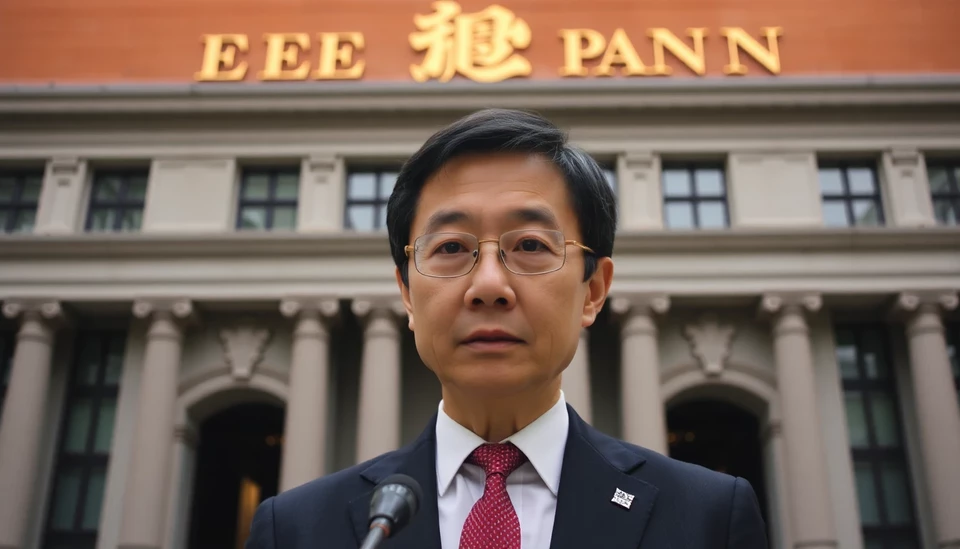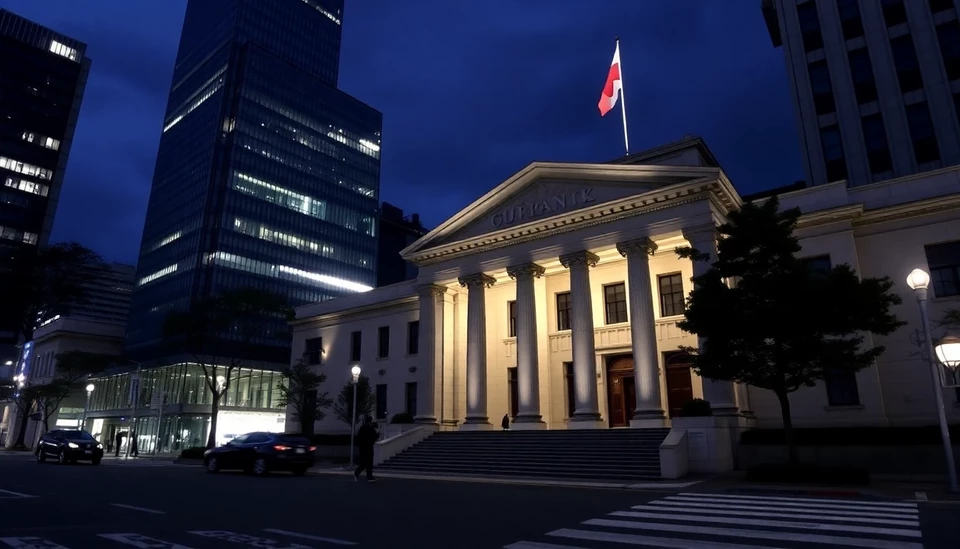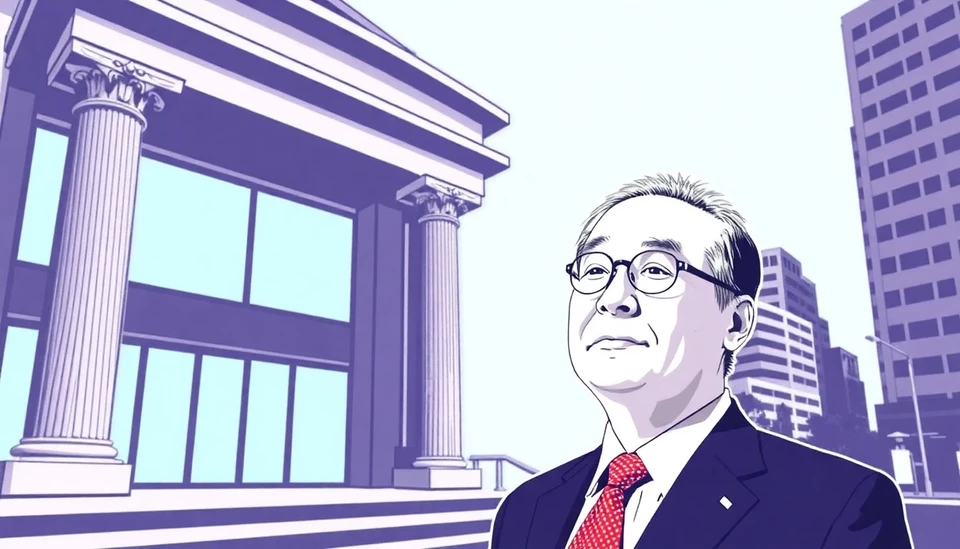
In a significant indication of impending changes, Bank of Japan (BoJ) Governor Kazuo Ueda has hinted that the upcoming monetary policy meeting could bring about critical adjustments to the central bank's strategies. Ueda's recent comments have stirred speculation among economists and market analysts, as Japan navigates a complex economic landscape marked by rising inflation and economic pressures.
During a press conference held on November 21, 2024, Ueda emphasized that the BoJ's next policy meeting, scheduled for December, is particularly important, with "live" discussions expected to take place. This announcement underscores the bank's growing awareness of the necessity to respond to economic conditions that have been shifting rapidly.
The backdrop to Ueda's statements is Japan’s persistent struggle with low inflation rates, which have prompted the bank's historically accommodative monetary policies. However, recent trends show a noticeable uptick in inflation, compelling Ueda and the BoJ to reconsider the efficacy of their long-standing measures. Analysts noted that while Japan has typically experienced deflationary pressures, the new inflationary context requires a nuanced and potentially risky adjustment to monetary policy.
Ueda's remarks were particularly noteworthy as they suggest that a pause on the existing ultra-loose monetary policy could be on the table. The central bank has maintained a negative interest rate policy since 2016, aiming to stimulate consumer spending and investment. Yet, the undeniable signs of economic stabilization and upward inflationary pressures are making stakeholders question whether the BoJ can maintain such a stance indefinitely.
Market reactions to Ueda's comments have been volatile, reflecting the uncertainty surrounding the BoJ's potential actions. Investors are particularly keen on the implications for the yen and Japanese government bond yields, both of which could be significantly impacted by a shift in policy direction. Some analysts have suggested that the BoJ could adopt a more hawkish position, potentially raising interest rates or tapering its asset purchase program, which has been a cornerstone of its strategy for years.
Ueda reinforced that the decision at the next meeting will not be automatic and will depend on forthcoming economic data and assessments. The BoJ plans to closely monitor various indicators, including consumer prices and employment figures, to determine the path forward. He reiterated that the primary goal remains achieving sustainable inflation at the target level, amidst ongoing global economic uncertainties.
As Japan faces these pivotal economic decisions, Ueda’s leadership will be scrutinized by investors and policymakers alike. The outcome of the BoJ's December meeting could not only reshape Japan's economic trajectory but also send ripples through global financial markets, further amplifying the significance of this discussion in the coming weeks.
In conclusion, as the landscape of Japan's monetary policy teeters on the brink of change, all eyes are set on the impending BoJ meeting—where the future decisions could pave the way for a new era of economic management in Japan.
#BankOfJapan #KazuoUeda #MonetaryPolicy #Inflation #EconomicStrategy #JapanEconomy #CentralBankPolicy #FinanceNews
Author: Rachel Greene




